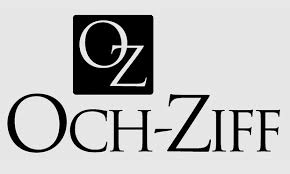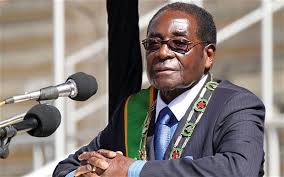Private Equity and the Och-Ziff Enforcement Action
 Since 2010, the Justice Department and the SEC have been “investigating” a number of private equity and hedge funds for FCPA violations. The launch of the inquiries was a big deal with lots of fanfare and focus on private equity corruption risks. In time, nothing happened.
Since 2010, the Justice Department and the SEC have been “investigating” a number of private equity and hedge funds for FCPA violations. The launch of the inquiries was a big deal with lots of fanfare and focus on private equity corruption risks. In time, nothing happened.
Well, that is about to change. DOJ and the SEC are getting close to announcing a large settlement with one of the more prominent private equity firms, Och-Zff.
Whenever there is a leak of such negotiations, you know a settlement is coming and one party may be seeking to gain some leverage or relief in the final settlement. The focus of the dispute is whether Och-Ziff has to enter a criminal guilty plea and the size of a potential fine. DOJ is pushing for a criminal plea and the SEC is pushing for penalties over $400 million.
The boundaries of this disagreement suggest that DOJ and the SEC have uncovered a major bribery scandal, especially in Zimbabwe and Libya. Och-Ziff is the largest (and only publicly traded) hedge fund with over $40 billion in assets.
In Zimbabwe, Och-Ziff funneled a large investment in a mining company with close ties to President Mugabe, which was allegedly used to finance a crackdown against political opponents near the time of national elections. The confluence of illegal bribery and political repression makes Och-Ziff’s case very attractive to federal prosecutors and is significant reason for their aggressive negotiating position.
Och-Ziff’s bribery activities stretched into other African countries, including the Democratic Republic of the Congo and nearby countries, including Chad, Guinea, and Niger. For its part, Och-Ziff is playing the usual card, claiming that the government’s calculation of ill-gotten profits is inflated and isolating the misconduct to two individuals responsible for investing in Africa. Och-Ziff is using a variation on the rogue employee and claiming that it was a rogue due of employees.
Och Ziff’s problems are compounded by its conduct in Libya, where Och-Ziff supposedly paid a large broker’s fee for an investment in Libya that was funneled to officials in the prior Gadhafi regime.
The Och-Ziff enforcement action will underscore key risks for private equity companies when dealing with foreign governments, third parties and sovereign wealth funds.
Private equity firms that are committed to compliance will have to redouble their efforts in reviewing their due diligence policies, especially when dealing with emerging countries where economic growth is so closely tied to development of natural resources. In this area, third parties can be especially risky based on their “close” relationships with important foreign officials.
These risks require vigilance when screening third parties but most especially require close attention to financial arrangements to make sure they are commercially reasonable. A percentage here or there, in the context of large transactions, can generate sufficient funding to carry out a bribery scheme.
Similarly, there are real risks when interacting with sovereign wealth officials who exercise control over large investments and may be lured to certain transactions with large payments including bribes needed to seal a deal.
 Och-Ziff is likely to be one of the larger settlements reached this year. Two individuals are under close scrutiny for their conduct, and it is not known if they will be criminally or civilly charge, although it was reported that the two individuals received Wells Notices from the SEC.
Och-Ziff is likely to be one of the larger settlements reached this year. Two individuals are under close scrutiny for their conduct, and it is not known if they will be criminally or civilly charge, although it was reported that the two individuals received Wells Notices from the SEC.
Private equity companies have enough to worry about these days when it comes to an aggressive SEC. Add to the mix an aggressive DOJ and SEC enforcement action for FCPA violations and more resources will be needed to shore up private equity compliance programs.














